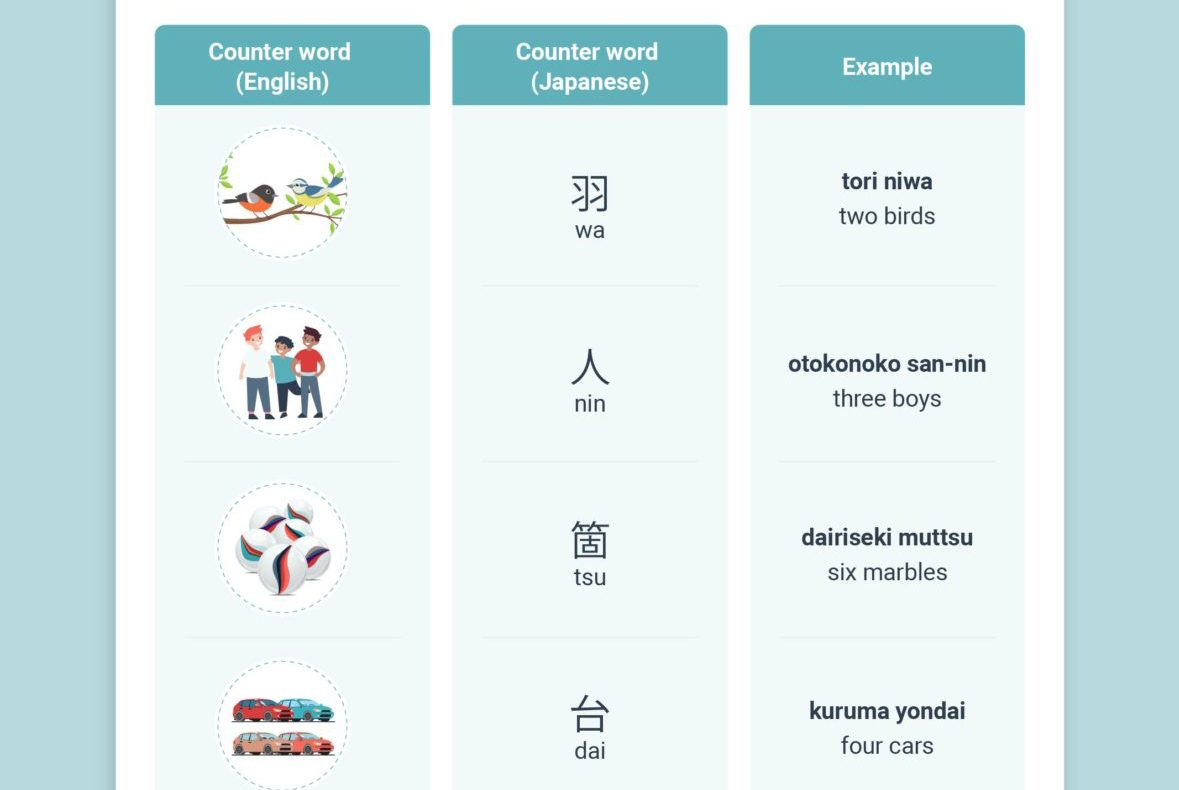In Japan, the only major language spoken is Japanese. In recent years, thanks to internationalization and globalization, English has become a commonly used language. However, the number of people who can speak English freely is still small. Therefore, it is necessary to learn Japanese in order to be able to communicate in a variety of situations. Here is a brief description of the main features of Japanese, one of the most difficult languages in the world.

Writing system
The Japanese language uses three writing systems, Kanji, Hiragana, and Katakana, each of which has its own grammatical use. Of these, kanji was originally borrowed from Chinese characters, but over time, Japanese and Chinese kanji have evolved in their own unique ways. Hiragana and Katakana are unique syllabic characters based on specific Kanji characters and are used only in Japanese.
Kanji is the basis of the written Japanese language and is used as the stem of nouns, adjectives, and verbs. Hiragana is used to write Japanese words, their radicals and furigana, as well as words that are difficult to read in kanji. Katakana is a syllabic script used to write words and names derived from foreign languages, onomatopoeic words, and the official names of animals and plants. They can also be used to express pronunciation stress.
Degree of “politeness”
One of the foundations of Japanese culture is the ” hierarchy,” and this applies to language as well. It is important to be aware of your social status with others so as not to offend them by speaking in too general or familiar a manner. Different degrees of politeness in Japanese require different sentence structures. Polite words, called honorifics, fall into three main categories.
Polite language is a general form of politeness that is acceptable in most situations. Honorifics are forms that designate respect. Humble language is a form that designates modesty.


Auxiliary Numbers
One of the most striking aspects of the Japanese language is that nothing can be counted by numbers alone, but certain counterparts must be added. As a rule, everything that can be counted has a counterpart: “匹” for small animals, “頭” for large animals, “人” for people, “本” for long, thin objects, “台” for mechanical devices or vehicles, and so on. If the thing to be counted is unknown or irrelevant, the common counter term “tsu” may be used.
Those who wish to work in Japan must first focus on improving their Japanese language skills. For this reason, we offer Japanese language lessons. By studying Japanese along with business etiquette, you will find it easier to find a job.
Our Japanese language instructors will check the applicant’s level and begin offering regular lessons according to the appropriate educational program. We also use online courses that have already been prepared, so applicants who are not yet ready to come to Japan can start studying Japanese in advance as well as onsite.
Japanese Language
Японська мова

